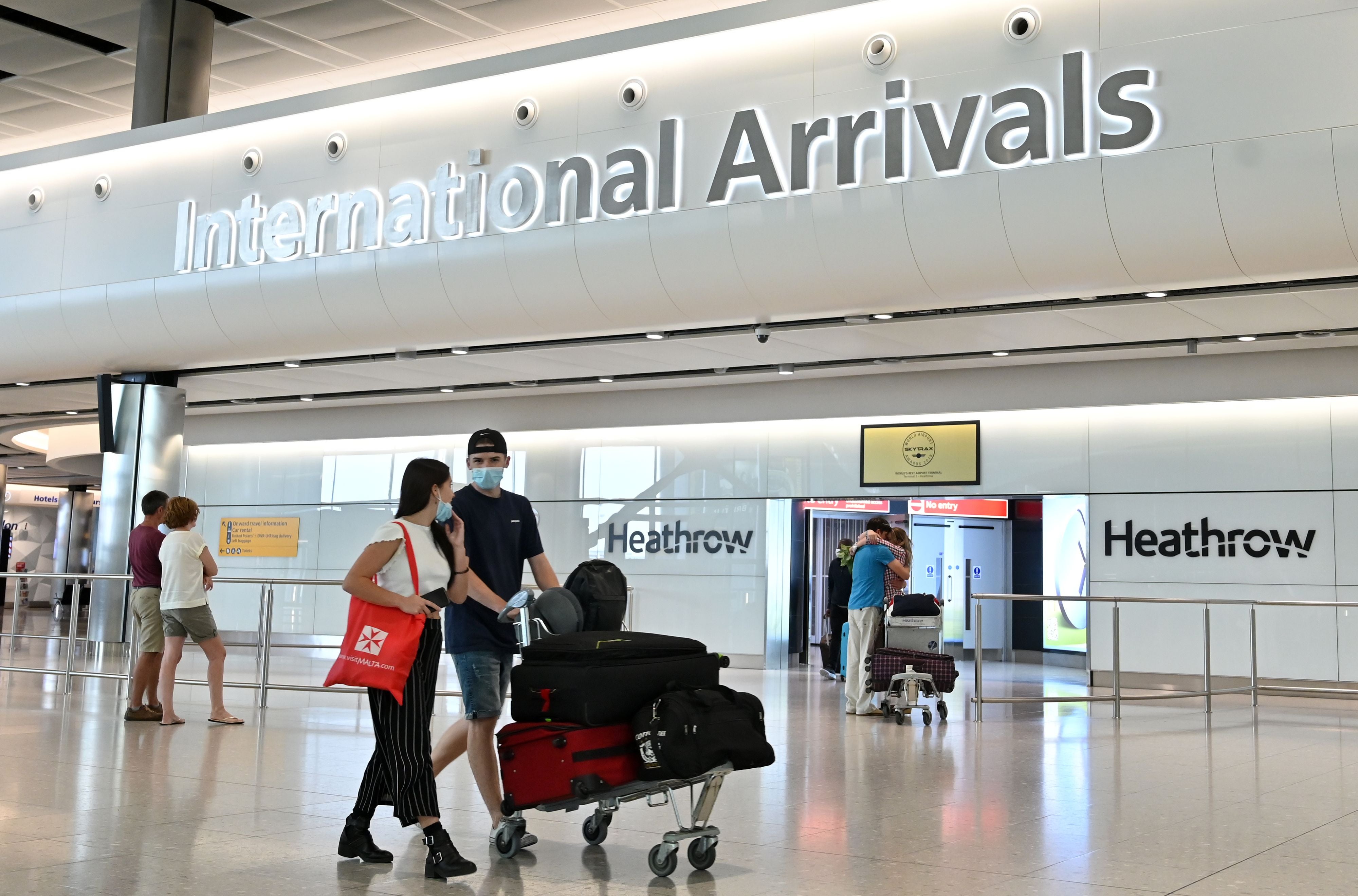It is clear that Boris Johnson is not learning quickly enough from his mistakes
Editorial: The prime minister’s administration has had a blind spot on international travel since the start of the coronavirus pandemic

We don’t want to trip up at this late stage,” said Grant Shapps, the transport secretary, as he announced a ban on flights from Brazil and 15 other countries including Portugal in an attempt to prevent a Brazilian variant of coronavirus getting into the UK.
Not for the first time in the pandemic, the government has shut the stable door slowly, and long after the horse has bolted. It has already “tripped up” several times.
Fortunately, Brazil banned flights from the UK as soon as it became aware of the highly infectious strain first detected in Kent which has now spread to the rest of the UK. As a result, there have been few, if any, arrivals from Brazil in recent days – although some passengers might have come in via a third country.
Brazil’s swift action contrasts with a five-day delay between the UK government learning of the Brazilian variant and its flights ban which took effect at 4am on Friday. Britons should not have to rely on foreign countries to keep them safe; they have every right to expect it from their own government.
However, Boris Johnson’s administration has had a blind spot on international travel since the start of the pandemic. Mr Shapps pointed to the UK’s need for connectivity as an island that imports vital supplies such as food and medicines. Yet the government has been consistently behind the curve, waiting until last June to introduce quarantine measures.
The UK’s regime is more lax than in places such as Australia, New Zealand, Singapore and Hong Kong, which require arrivals to isolate in approved premises such as hotels and – unsurprisingly – have a better record on containing the virus. Only an estimated one in 10 people who need to quarantine is questioned on arrival in Britain and they are allowed to use public transport.
The system relies on people’s goodwill but they know there is little chance of getting caught if they break the rules.
A long-overdue and delayed system of testing people for coronavirus before they depart for the UK, widely used in other countries, will come into effect on Monday when all travel corridors will be suspended.
The testing regime was due to come into force yesterday, but the government pushed it back so Britons in more than 200 countries can be told what type of test they must take so they are not stranded when they try to return to the UK. But if the government’s coronavirus measures were listed on an airport departures board, a lot of them would be marked “delayed”.
Little wonder then, that the government’s scientific advisers admit many cases were due to a “high level of travel into the UK”. While ministers did act with commendable speed after another variant emerged in South Africa, that did not stop travellers getting round the ban by arriving via another country.
While Mr Johnson doubtless hopes that a successful vaccination programme will eclipse his repeated failure to learn from his mistakes during the pandemic, immunisation will not end the crisis alone, and needs to be backed up with effective measures including enforceable quarantine.
The irony is that the shambles over international travel has been presided over by a group of politicians elected on a promise to take “take back control of our borders”. We can imagine the outcry from them if a Labour government had been responsible for such a fiasco.


Join our commenting forum
Join thought-provoking conversations, follow other Independent readers and see their replies
Comments